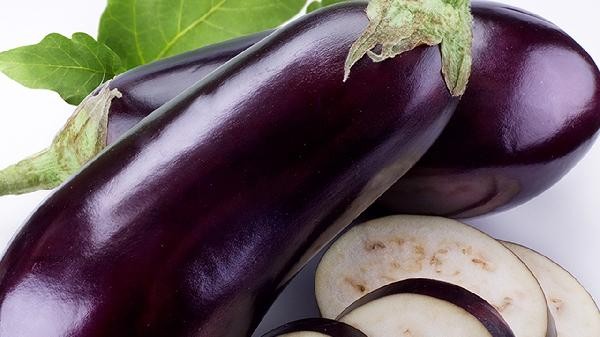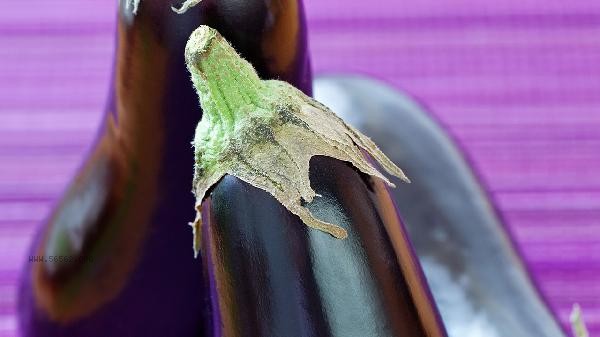The key to eggplant not absorbing oil lies in pre-treatment and cooking method adjustment, mainly including slicing and soaking in salt water, steaming pre-treatment, high-temperature fast frying, powder coating frying, microwave heating and other methods.

1. Salt water immersion
Cut the eggplant into pieces and soak them in light salt water for 10 minutes. Salt can destroy the sponge like tissue structure of the eggplant and reduce its oil absorption capacity. Soaking and squeezing out the water before cooking can reduce oil penetration. This method is suitable for stir frying or cold mixing, preserving the taste of eggplant while reducing oil consumption.
2. Steaming pretreatment
Steam eggplants in a steamer for 5-8 minutes after steaming. High temperature steam softens the cell walls and collapses the internal voids. The oil absorption rate of pre treated eggplants can be reduced by more than half, and only a small amount of oil is needed to moisten the pot during subsequent braising or stewing. Note that the steaming time should not be too long to avoid nutrient loss.
3. High temperature fast frying
Use an iron pot to quickly stir fry eggplants over high heat, and the high temperature causes the surface to quickly char and form a protective layer. The oil temperature should be above 180 degrees Celsius, and the frying time should be controlled within 2 minutes. This method can lock in internal moisture and prevent oil from seeping in. Suitable for making dishes such as fish flavored eggplant that require shape preservation.

4. Powder coating and frying
The surface of eggplant is evenly coated with starch or egg mixture, and the outer layer of batter first forms a crispy shell during frying. Control the oil temperature at 160-170 degrees Celsius, fry until golden brown and immediately remove. The batter layer can prevent oil from entering the eggplant meat. This method is suitable for making dishes such as flavored eggplant pot that require a crispy texture.
5. Microwave Heating
Cut eggplant into pieces and microwave heat at high heat for 3 minutes. electromagnetic waves cause water evaporation and structural shrinkage. After processing, the oil absorption of eggplant is reduced by 70%, making it suitable for making low oil version of Three Fresh. Cover the microwave with plastic wrap and leave a gap to prevent excessive moisture loss and affect the taste. Eggplant is rich in anthocyanins and vitamin P, and cooking with less oil can better preserve its nutritional components. Suggest pairing with acidic ingredients such as tomatoes and green peppers to promote nutrient absorption and avoid eating with cold foods such as crabs. You can choose the slender purple skinned variety for daily use, which has denser flesh and lower oil absorption. Developing a cooking habit of steaming first and then stir frying can not only control oil intake, but also maintain the soft and sweet taste of eggplant.










Comments (0)
Leave a Comment
No comments yet
Be the first to share your thoughts!